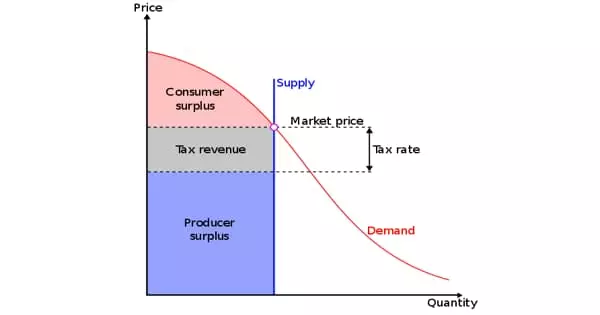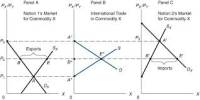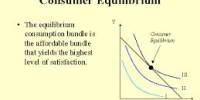The location value tax (LVT) is a more predictable method of taxing property that is based solely on the value of a parcel of land and not on any associated buildings. It is an ad valorem levy on the unimproved value of land that is also known as a site valuation tax, split rate tax, or site-value rating. The concept of a location value tax dates back to the early days of agrarian societies when determining how to fairly tax landowners for the benefit of the larger community was a common social goal. It also ignores structural improvements, drainage improvements, and the value of any crops growing on the land.
LVT is a property tax assessment method that only considers the value of the land and related improvements, not the structures built on the land. It is solely based on the value of unimproved land, with no regard for any buildings or other structures built on it. Unlike property taxes, it does not take into account the value of buildings, personal property, or other real estate improvements. An LVT is thought to be a more equitable method of land taxation in agricultural areas where the land is productive. Economists generally favor a location value tax because, unlike many other taxes, it does not cause economic inefficiency and tends to reduce inequality.
LVT is designed to fairly value land, which is a finite asset with a base value that does not fluctuate as dramatically as the structures built on it. The economic efficiency of a land value tax has been known since the eighteenth century, and it has been referred to as “the perfect tax.” Since Adam Smith and David Ricardo, many economists have advocated for this tax because it does not harm the economic activity or disincentivize land construction, repair, and maintenance. LVT is most famously associated with Henry George, the founder of Georgism. Georgism argues that taxing the value of the land (economic rent) is the most logical source of public revenue because the supply of land is fixed and its location value is created by communities and public works.
A location value tax is a progressive tax in which the tax burden is distributed in proportion to the value of locations, the ownership of which is highly correlated with overall wealth and income. Land has been viewed by societies since the beginning as an asset that cannot be owned by an individual in the traditional sense of ownership, but rather as a rental that is passed down from generation to generation. Land value taxation is currently in place in Denmark, Estonia, Lithuania, Russia, Singapore, and Taiwan; it has also been used to varying degrees in Australia, Mexico (Mexicali), and the United States (e.g., Pennsylvania).
















